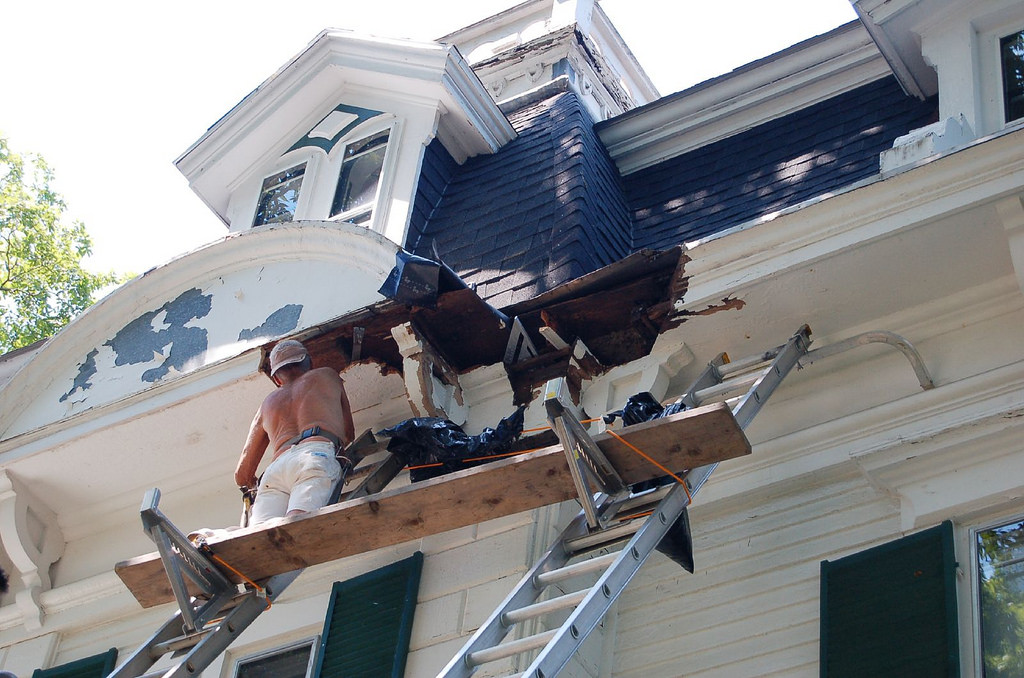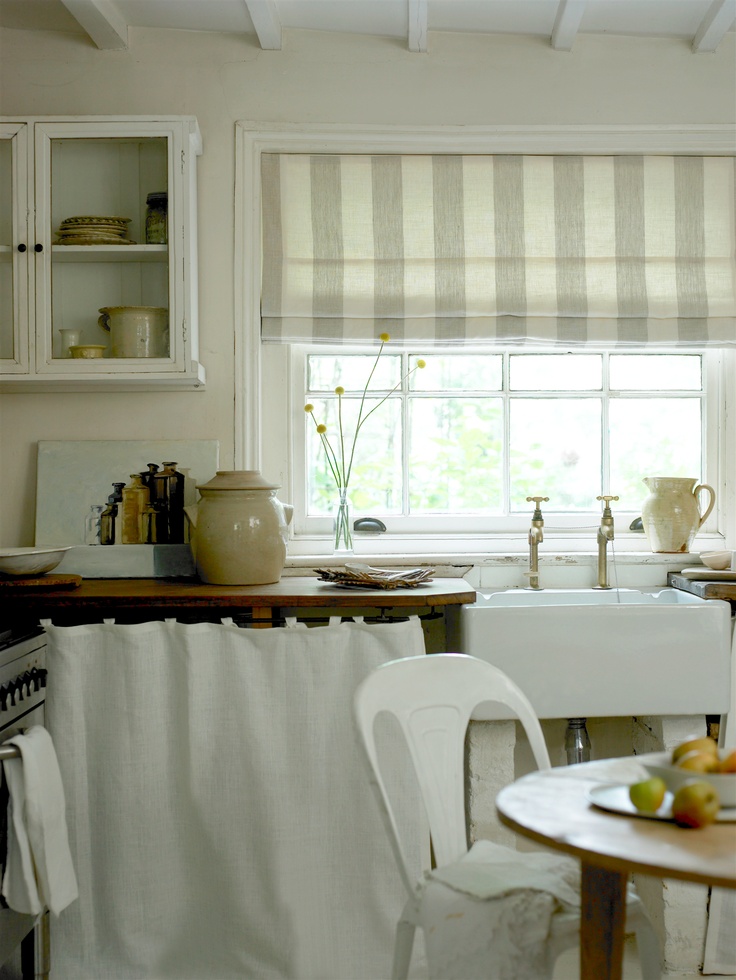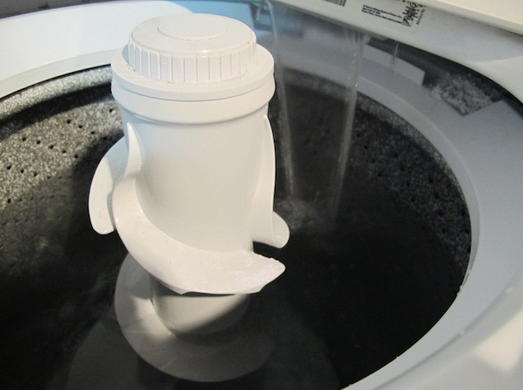We live in the age of information, where almost any solution is at your fingertips, if you know how to use Google correctly. This is great for self-starters and DIY enthusiasts, and can even save the lay-person a lot of money in the long run. Still, even with the right information, sometimes you just don’t have the real world skill, experience, or even just the tools to replicate the awesome re-upholstery project you just found on Youtube, or the cabinet update tutorial you just read up on.
For those with their feet in both camps, the people who consider themselves smart enough to figure out a DIY, but also smart enough to get the best deal in the face of inexperience: how do you know when to DIY and when to call a pro?
Simple DIY Repairs
There’s something to be said for getting something done yourself, and honestly, some repairs are surprisingly simple. Replacing a lightbulb in your refrigerator, for example, is absolutely something you can get done yourself. In fact, Inline Design’s blog has a list of 10 home projects that you don’t need to hire out to get done. These include redoing your countertops, building a bookcase, and painting your garage floor. The benefit of simple repairs such as these is that you a.) save money, obviously, but b.) you learn something new, so that if you ever have to change your stove or oven elements again, you’ll be prepared!
Are You Sure You Know What You’re Doing?
Now, it’s obvious that you want to save money as best you can while you’re taking on home improvement projects — but you have to think about other costs associated with DIY that may not directly be tied to service fees. Ask yourself: “if I do this wrong, could I hurt myself? Could I hurt my home?”
According to Home Safety Council, one in five of the millions of DIYers out there end up in the hospital due to their projects. Any project that involves ladders, hand tools, table tools, or knives increases your chance of injury substantially. In fact, almost 170,000 people go to the hospital annually due solely to accidents involving ladders. Another concern, especially in older homes, centers around ceiling, wall, and flooring projects where asbestos is involved. This mineral causes the brutal cancer, mesothelioma, so it’s important that you test for asbestos in your home before you begin kicking up potentially life-threatening dust.
Beyond your own health, you’ll want to worry about the health of your home and appliances. Whether you’re accidentally swinging your axe through your window, or unwittingly flooding your newly tiled basement laundry room, there are plenty of costly DIY mistakes to be made. Exercise caution!
When to Call a Professional
If the repair is complicated, if there’s a chance you could injure yourself, or if there’s a chance you could do lasting damage to your home, call a pro. Additionally, if you have a home a warranty, the cost of repair could be significantly less than you realize — depending on your coverage, you may only have to pay a trade fee for the service call.
Nevertheless, there are certain repairs that you should almost never DIY if you’re inexperienced. Anything involving gas, liquids, or electricity should come under careful scrutiny, and is generally better left to a certified professional. Anne Reagan writing for Porch.com suggests these repairs specifically be left to those with the training and toolsets to make sure the job gets done safely and correctly:
- Balancing a clothes washer
- Replacing a refrigerator compressor
- Replacing fuses in any appliance that requires it to be disassembled
- Replacing electrical cords
- Rewiring appliances
In the end, it’s always great to save on cash, but the potential pitfalls of DIY may outweigh the benefits. Conversely, you may find that the harms are substantially dwarfed by the gains presented by DIY. Always put your health and safety first, and make realistic decisions based on your technical ability and skillset.











